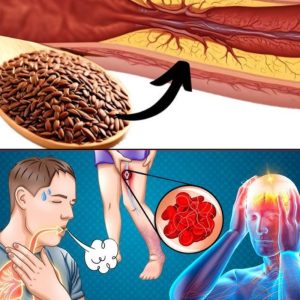Swollen feet are commonly linked to pregnancy, standing for long hours, or an injury. However, for individuals aged 45-65, sudden or persistent swelling could signal an underlying health issue that requires medical attention. While mild swelling often resolves with rest or ice, it’s important to recognize when it might be something more serious.
One potential cause is Deep Vein Thrombosis (DVT), where a blood clot forms in the deep veins, usually in the legs, leading to swelling and discomfort. DVT can be life-threatening if the clot moves to the lungs. Achilles Tendonitis, often caused by overuse, leads to swelling in the ankle and heel, especially after physical activity. Similarly, Osteoarthritis—the most common type of arthritis—can cause pain, stiffness, and swelling in the feet, which can be alleviated with low-impact activities like yoga.
Swollen feet can also be a sign of heart failure, where the heart struggles to pump blood effectively, causing fluid buildup in the extremities. Lymphedema, caused by a blockage in the lymphatic system, leads to chronic swelling, while Cellulitis, a bacterial infection, causes redness, warmth, and swelling in the legs. Gout, another form of arthritis, can lead to sudden and intense swelling in the big toe, often triggered by high uric acid levels in the body.
Other conditions like foot bursitis, where fluid-filled sacs become inflamed, and Rheumatoid Arthritis, which can cause swollen joints and tendons, should also be considered. If you experience swollen feet that persist or suddenly worsen, it’s essential to consult a healthcare professional for proper diagnosis and treatment.





